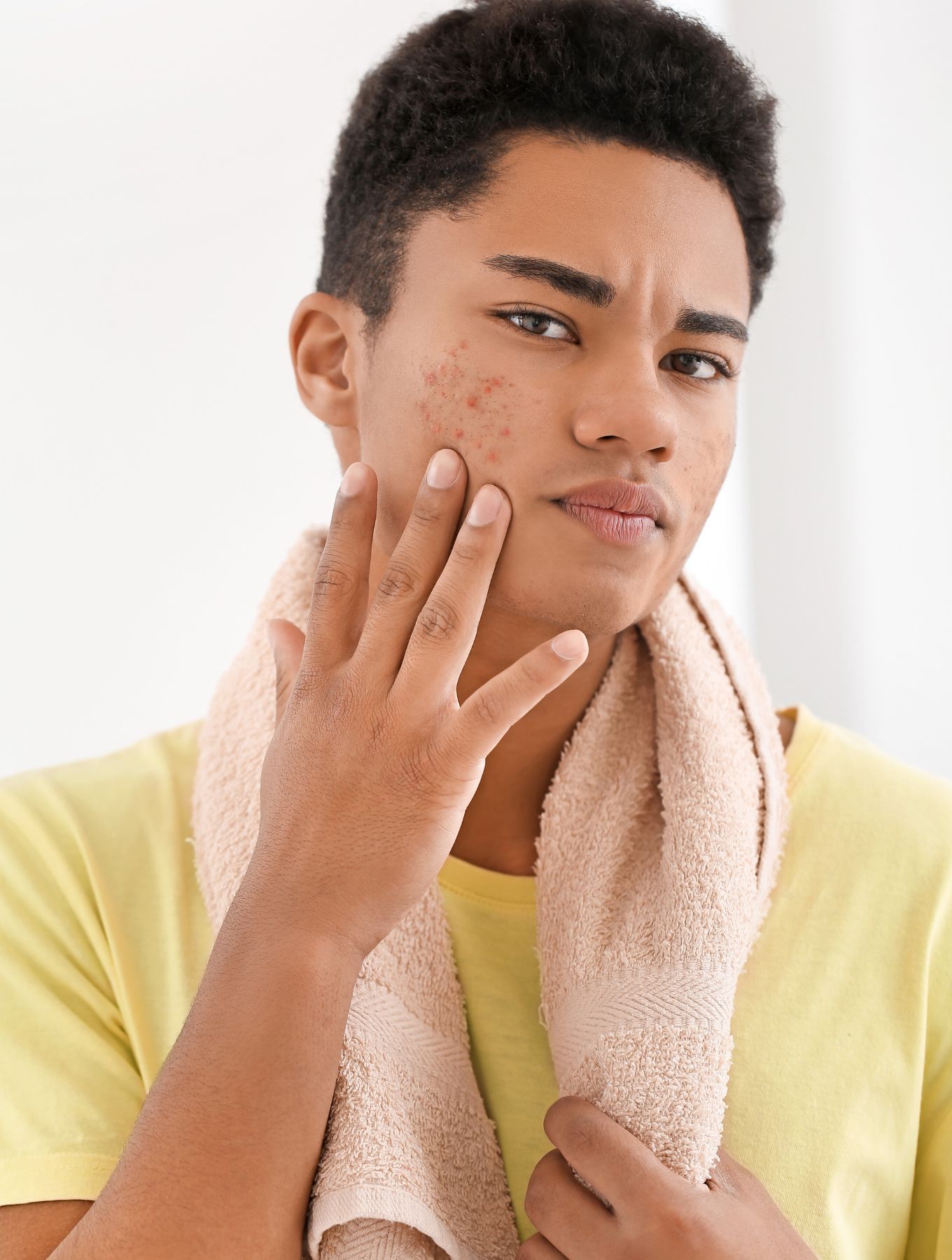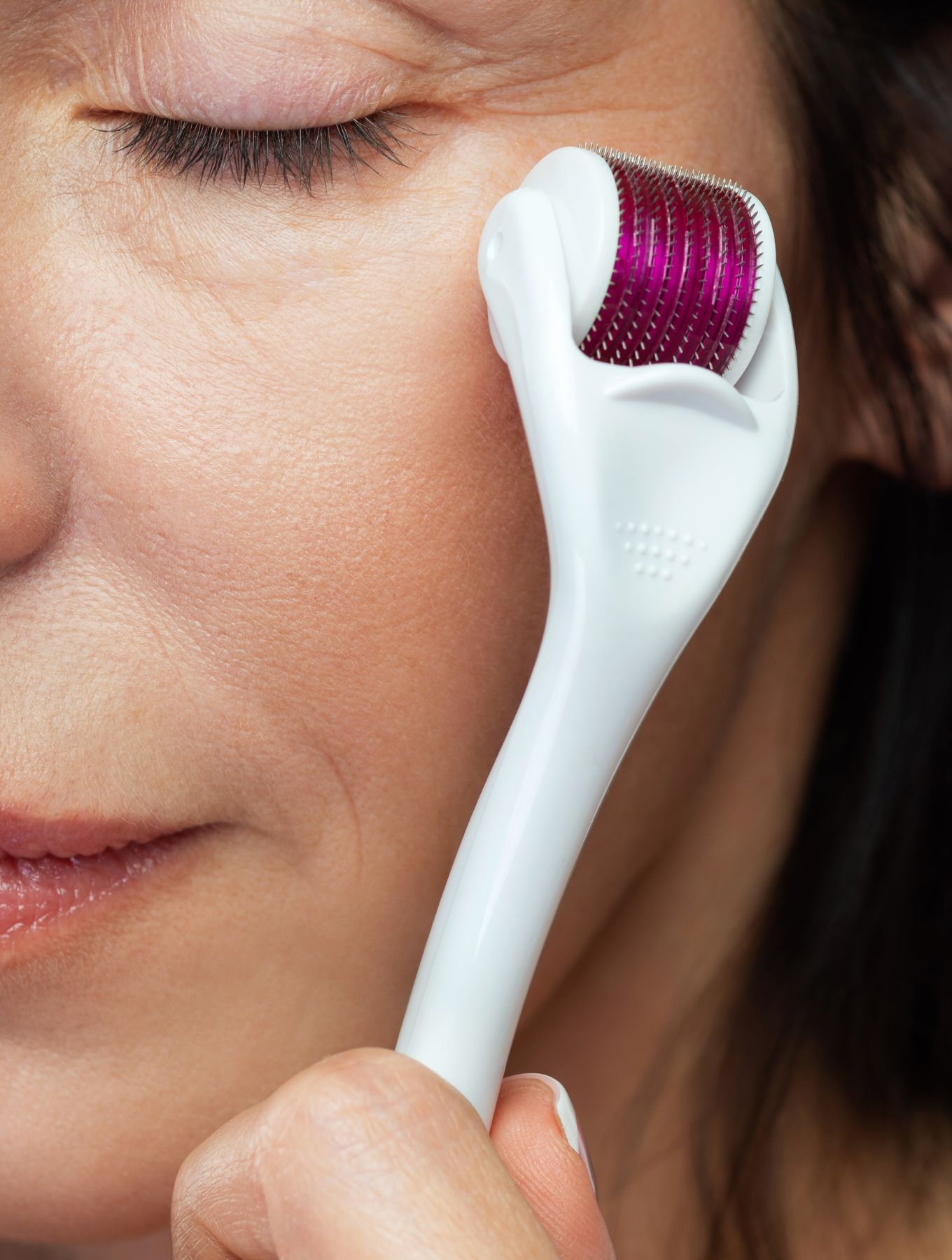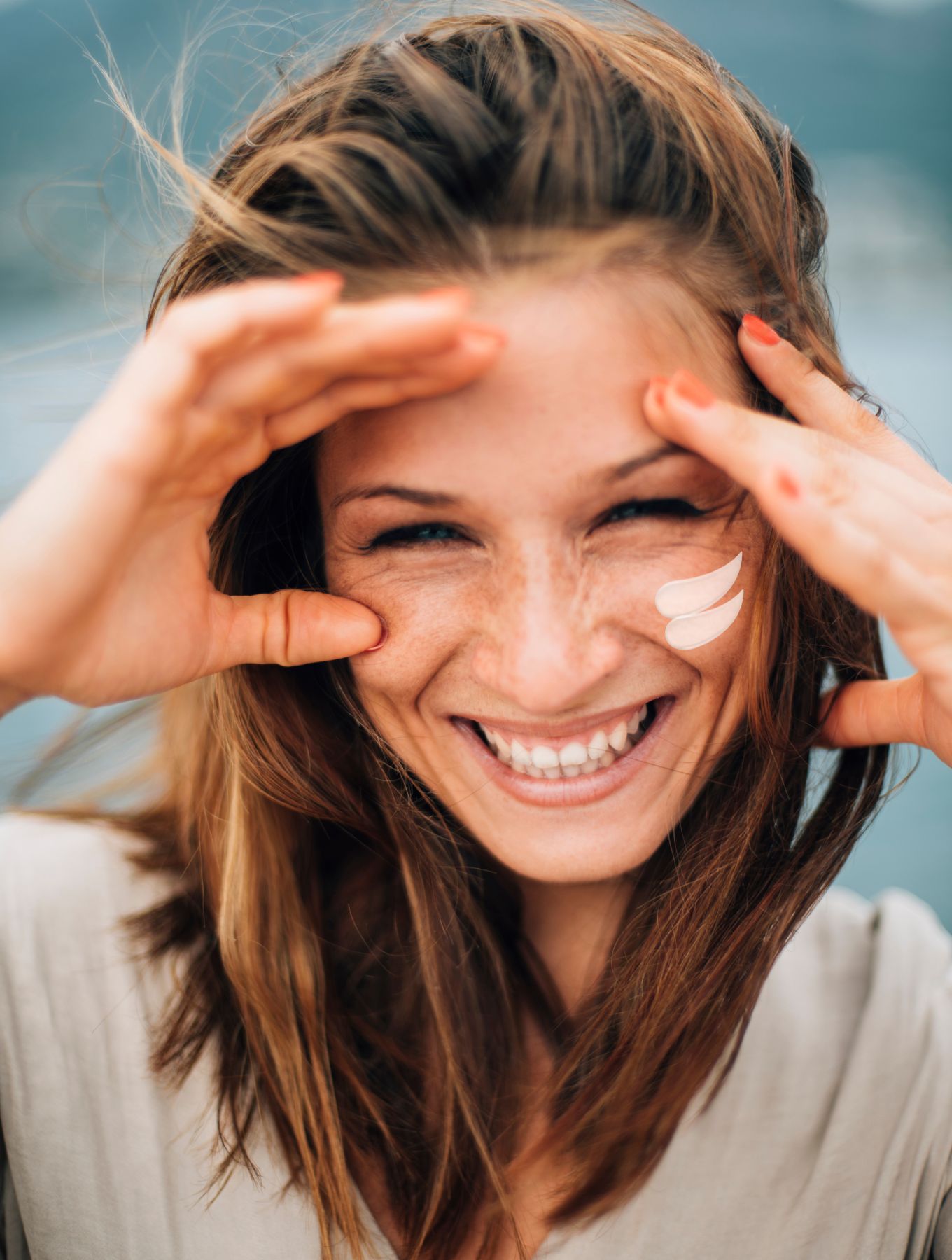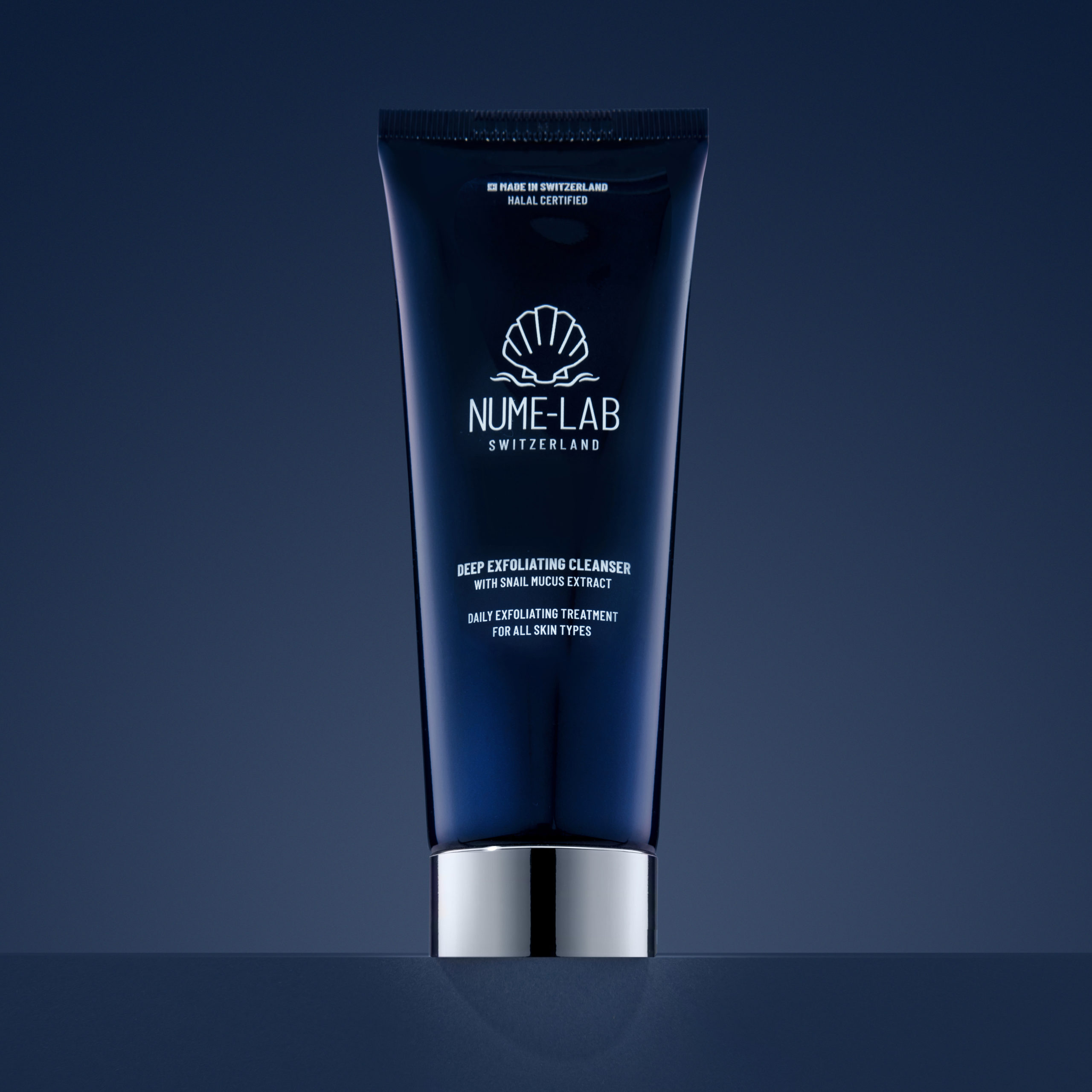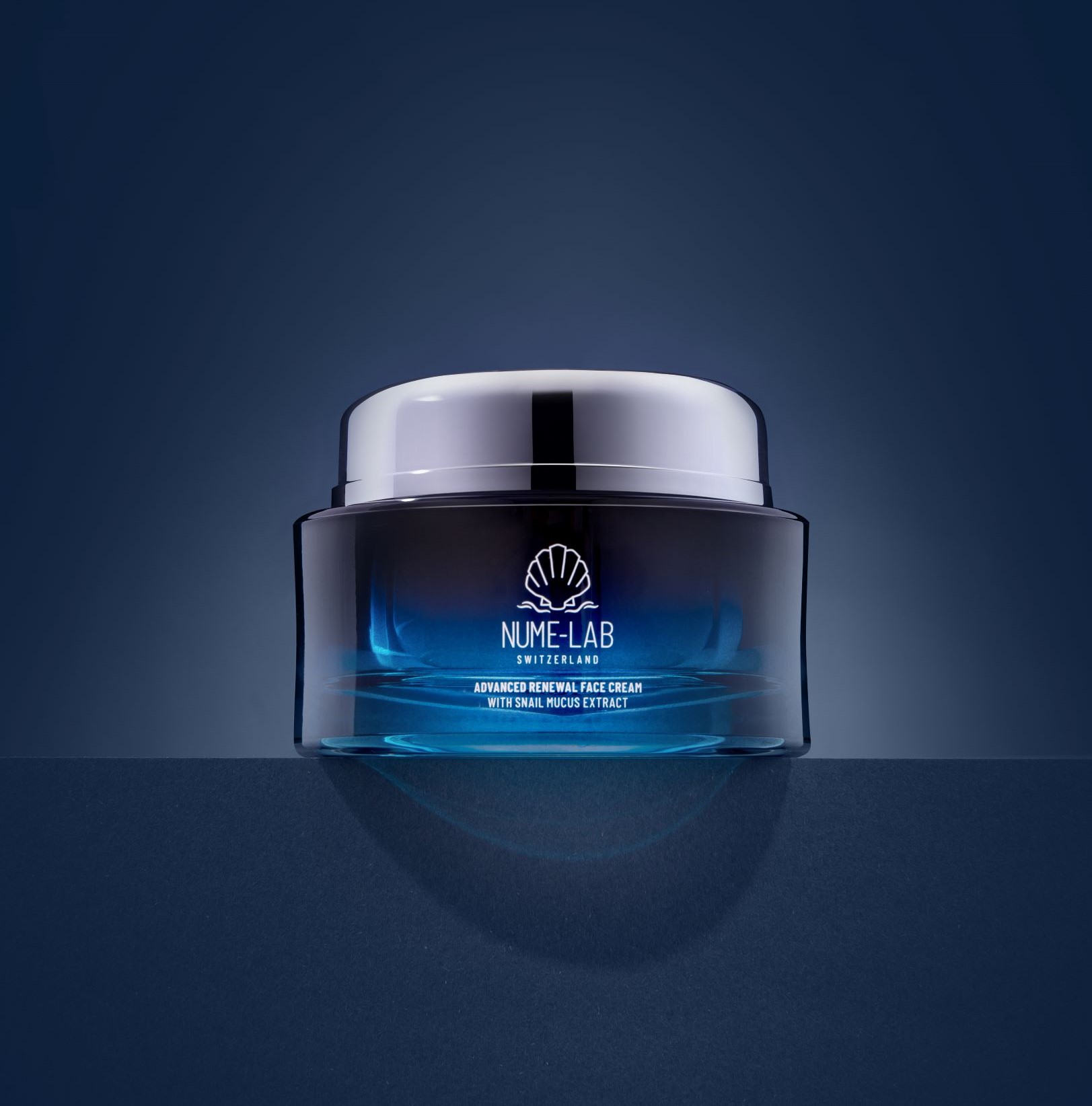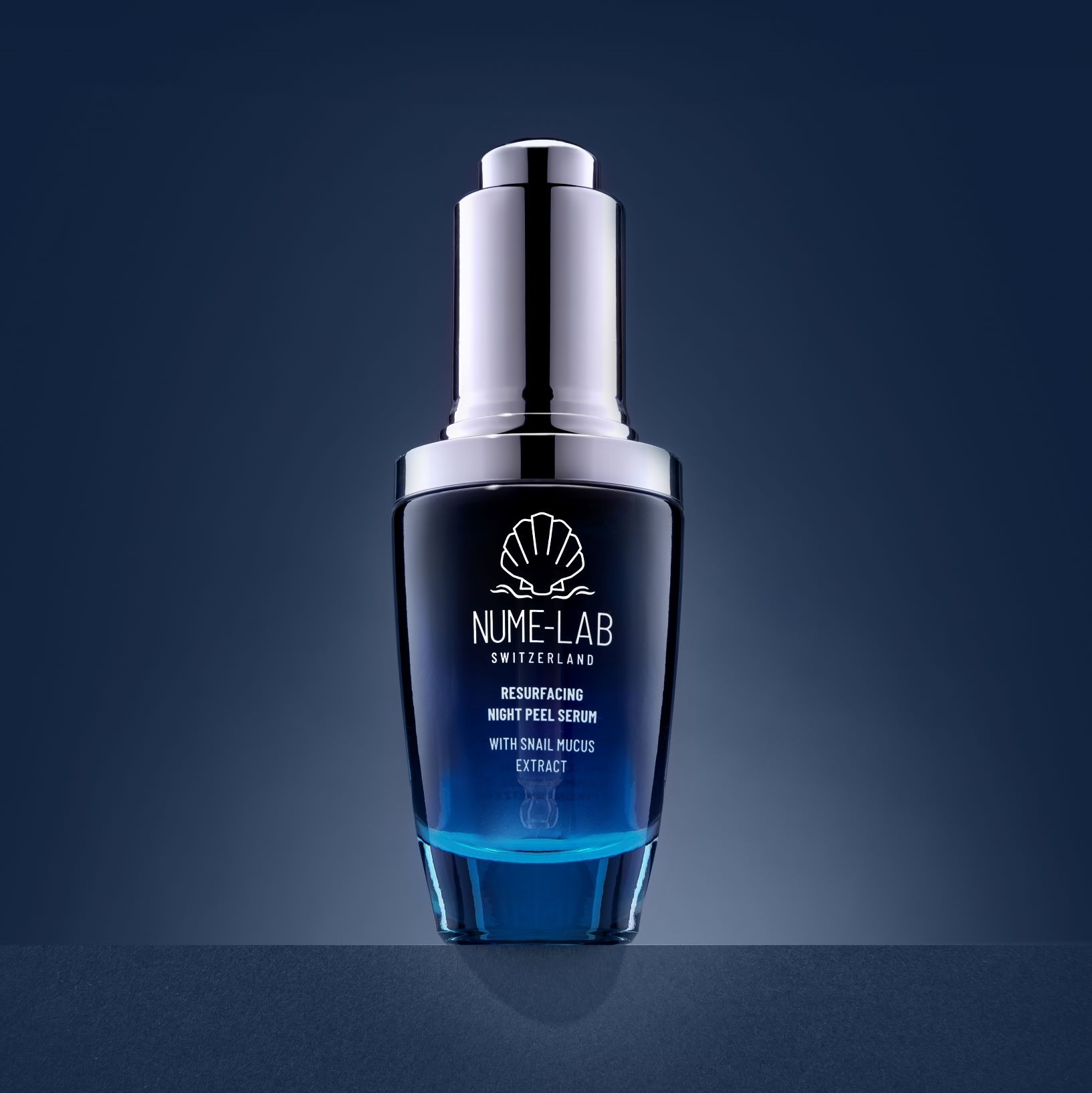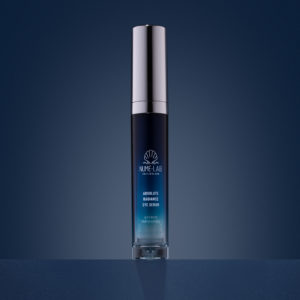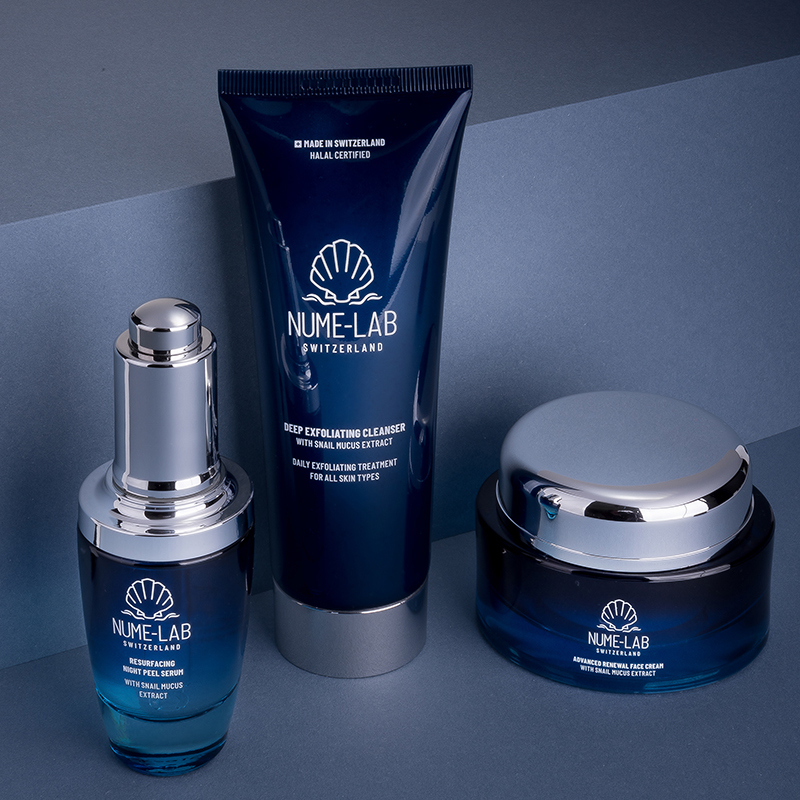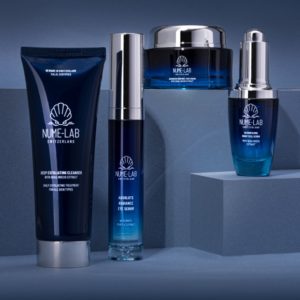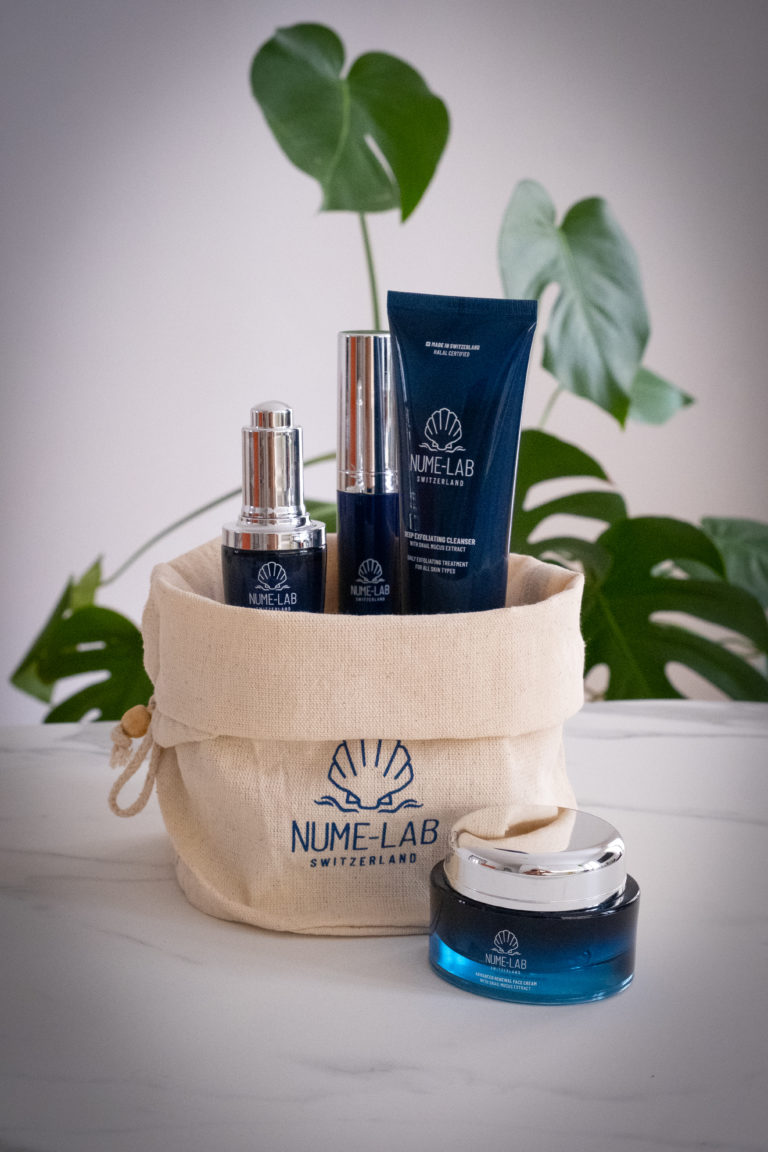
Preservatives In Skincare: Myths vs. Truths by NUME-Lab
Preservatives in skincare often get a bad reputation, especially in clean beauty brands enthusiasts. But, did you know that some types of preservatives are actually necessary for your products to be safe for use and to keep the formula effective after opening?
Here at NUME-Lab Switzerland, we’re all about Halal ingredients and clean beauty skincare. But, even we have to admit that using a non-toxic preservative is necessary. It’s the lesser evil. The other one would be a moisturizer that grows mold and bacteria, and we definitely don’t want those things on our skin.
The fact that preservatives are necessary, doesn’t justify the use of paraben or formaldehyde that certain skincare brands use as an easy way when formulating. There are so many better options to choose from that are far less toxic to your body.
Let’s dive in and bust all the myths about preservatives in skincare.
Table of Contents
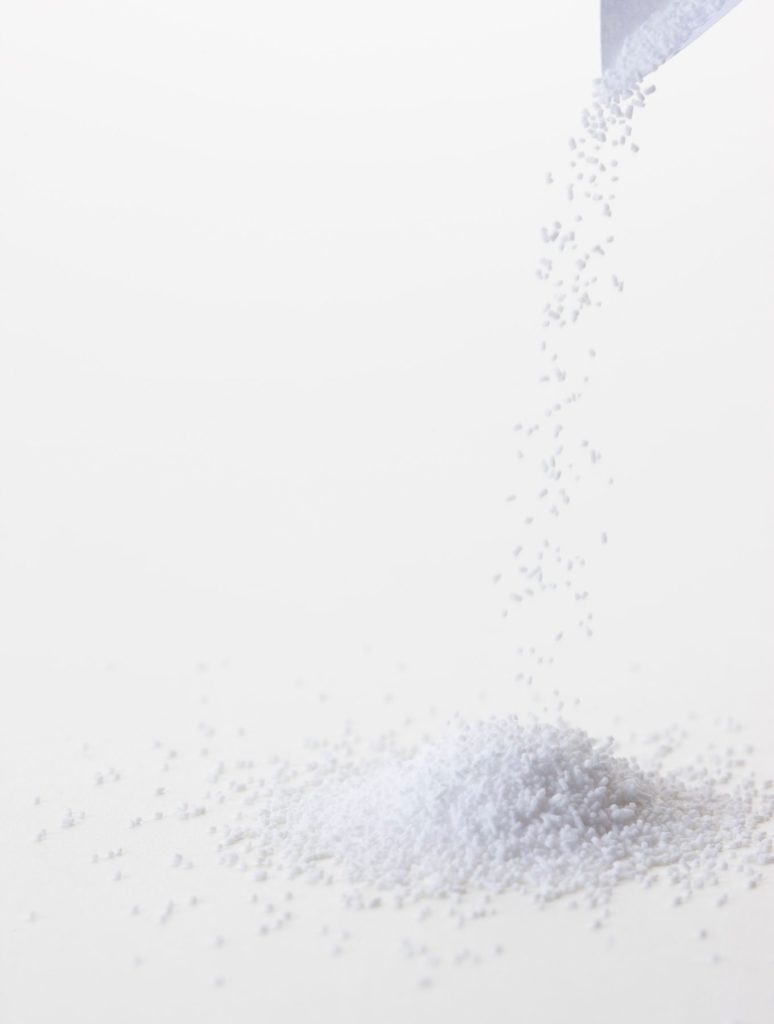

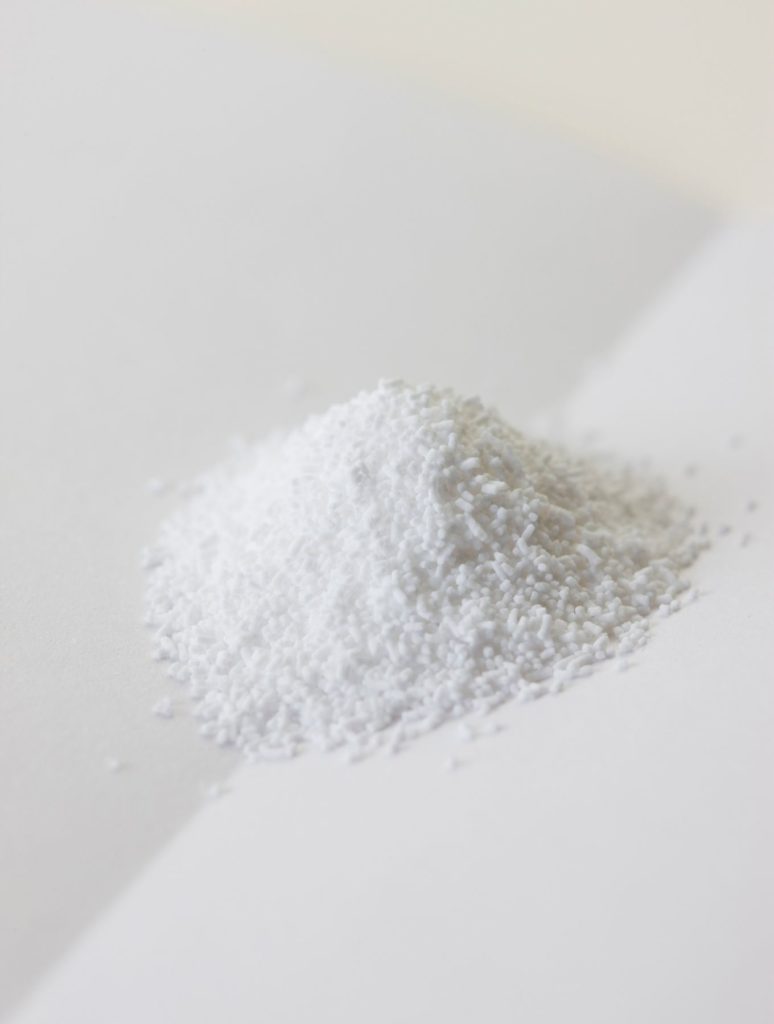
What are preservatives in skincare?
As the name itself tells you, preservatives are ingredients in skincare that preserve the product, stabilize its formula, and make it last longer. Products without any preservatives will quickly turn rancid or degrade.
What is the role of preservatives in skincare?
The main role of preservatives is to extend the shelf life of a product and prevent the growth and build-up of bacteria, yeast, and fungi (mold). This antimicrobial, antibacterial, and antifungal property of preservatives are what allows you to use your best moisturizer for some months instead of being forced to spend it a week before it goes bad.
Which preservatives in skincare are bad?
Here’s a list of toxic preservatives you should avoid at any cost:
- Formaldehyde
- Parabens (especially Propylparaben and Butylparaben)
- Ureas (Diazolidinyl Urea, Imadozolidinyl Urea)
- DMDM hydantoin
- BHA (Butylated Hydroxyanisole)
- Quaternium-15
- MIT (Benzisothiazolinone)
Many of these toxic preservatives have been linked to different types of cancers, endocrine disorders, hormonal imbalances, and similar.
Did you know?
Preservative-free skincare is NOT better or safer.
It’s not recommended to use skincare without any preservatives, even if it’s natural ones. Formulas without preservatives aren’t stable and can start growing microbes and harmful bacteria shortly.
Which are the safest preservatives for skincare?
As we mentioned at the very beginning of this article, for water-based skincare it’s necessary to use some type of a preservative, but this can be a non-toxic alternative. Here are some of the best options:
Phenoxyethanol
When used in concentrations of 1% or less, phenoxyethanol is perfectly safe to use as a preservative in skincare products. When comparing the safety vs. efficacy ratio, phenoxyethanol is among the best skincare preservatives you could choose.
Phenoxyethanol is a naturally occurring preservative but can also be reproduced synthetically in a lab.
So immagine, when brands use as little as 0.001% of phenoxyethanol to preserve the consistency of the formula.
Here is the statement from the FEBEA (French association for Cosmetics) about this ingredient.
Benzyl alcohol
Another safe preservative used in skincare products is benzyl alcohol. Same as phenoxyethanol, benzyl alcohol can also be naturally-derived or lab-made.
This preservative isn’t nearly as bad as the toxic ones we mentioned above. However, it’s linked to skin dryness and irritation, so you might want to avoid it.
Sodium benzoate
This is a natural salt preservative found in many different plants. In skincare, it acts as a great antifungal agent.
According to the FDA, sodium benzoate belongs to the GRAS category (Generally Recognized As Safe). Plus, it’s also used to preserve foods, so it’s absolutely non-toxic in skincare.
Some other equally good preservative options, depending on the needs are potassium sorbate, glyceryl caprylate, propylene glycol, etc. Note that the percentages in which these preservatives are added also matter.
Skincare preservatives: myths vs. truths
Let’s finish busting all the myths surrounding preservatives in skincare. Jumping right in:
Myth #1: Preservative-free skincare is better
Truth: It’s not recommended to use skincare without any preservatives, even if it’s natural ones. Formulas without preservatives aren’t stable and can start growing microbes and harmful bacteria shortly.
2
Myth #2: All preservatives are the same
Truth: There are different synthetical and natural preservatives out there. Some of them are harmful and you should avoid them, while others are completely harmless.
3
Myth #3: You don’t need preservatives if there are antioxidants
Truth: Unfortunately, antioxidants aren’t preservatives. Although antioxidants like vitamin C could protect your product from oxidation and oxidative stress, they will not prevent bacteria from growing.
4
Myth #4: Man-made = bad, natural = good
Truth: Not everything that’s natural is good, and not everything that’s artificial or made in a lab is bad or toxic. This is a point you have to remember. The origin doesn’t matter, the effect on the body matters
5
Myth #5: All skincare products need preservatives
Truth: Only water-based products need preservatives. Oil or butter-based products with no water need no preserving agents.
KEY TAKEAWAYS:
Let’s summarize what we’ve learned so far:
- Preservatives in skincare are necessary, not optional
- Antioxidants aren’t the same as preservatives
- Grape seed extract, rosemary extract, antioxidants (vitamin C, vitamin E), and honey are not preservatives
- Not all man-made preservatives are bad
- Not all natural preservatives are good
- Only water-based products need preservatives
- Bad preservatives – parabens, formaldehyde, ureas, MIT, quaternium-15, BHA, DMDM hydantoin
- Good preservatives – phenoxyethanol, sodium benzoate, potassium sorbate, glyceryl caprylate, propylene glycol
Bacteria and mold in skincare products aren’t always visible to the naked eye but can cause many skin issues like acne, reactions, or allergies. That’s why we decided to use the very minimum of a safe preservative like phenoxyethanol to stabilize and keep our products fresh.
Check your ingredients and if possible check the Ingredients % to have a deeper understanding.
Like that, we formulate products that still keep their clean beauty aspect but are also safe to use and appropriate for all skin types.
Do you avoid preservatives in skincare or don’t mind them? We’d love to hear where you stand on the issue!



